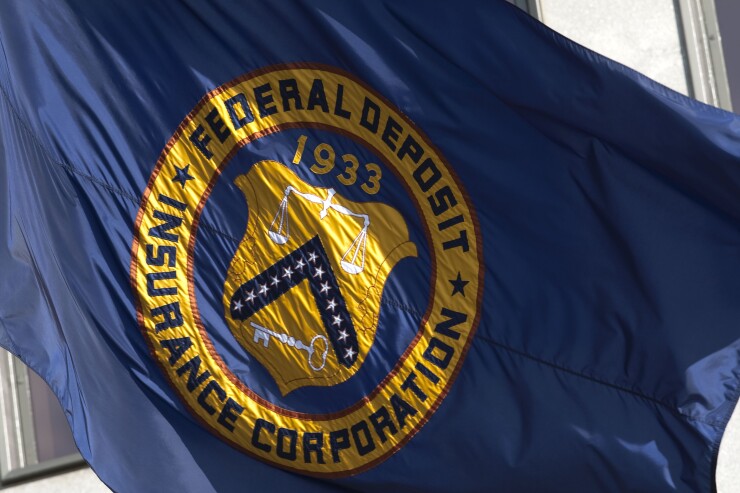
WASHINGTON — A Tennessee man pleaded guilty in U.S. District Court Thursday to defrauding various pandemic relief programs of nearly a million dollars.
A joint federal investigation conducted between the Federal Deposit Insurance Corporation, Office of Inspector General, the Federal Bureau of Investigation, the Small Business Administration, Office of Inspector General and the U.S. Treasury Inspector General for Tax Administration found 40-year-old John Paul Dillon made false claims in filing for two COVID-19 emergency small-business programs: the Payroll Protection Program and the Economic Injury Disaster Loan Program.
His filings for the programs claimed significant earnings from a nonexistent ride-share business and a company paying large employee wages.
"Dillon falsely claimed he and others earned hundreds of thousands of dollars in income from a 'ride-share business' and also falsely claimed Dillon operated a company which paid over $500,000 in wages to employees," the FDIC's Office of Inspector General
In addition to the pandemic-related charges, Dillon also pleaded guilty to a bank fraud charge stemming from his submission of a fraudulent loan application — which included a falsified bank statement — to finance a $470,000 mortgage.
After obtaining almost $1,000,000 through those fraudulent claims, the FDIC OIG release also noted Dillon agreed to forfeit his residence, two late-model automobiles and a pontoon boat as part of his plea.
Dillon could be facing a combined up to 60 years in prison and $1,500,000 in fines for his crimes.
The massive emergency small-business lending programs Congress propped up at the onset of the pandemic are now known to have been rampant with fraud. Their loose guardrails for providing loans — meant to ease access for reeling businesses — also
The government has subsequently taken steps to root out such widespread fraud. In May 2021 the attorney general put together a COVID-19 Fraud Enforcement Task Force to combine the efforts of the Department of Justice with those of other federal agencies to prosecute fraudsters.
Last August President Joe Biden enacted the PPP and Bank Fraud Enforcement Act, which extended the statute of limitations to bring certain fraud cases to 10 years.
PPP fraud cases are often prosecuted under the False Claims Act, the application of which the DOJ has expanded in recent years to help better encompass pandemic fraud,
The scale of fraud related to the Paycheck Protection program is still being hotly debated,
PPP fraud cases related to fintechs has also





